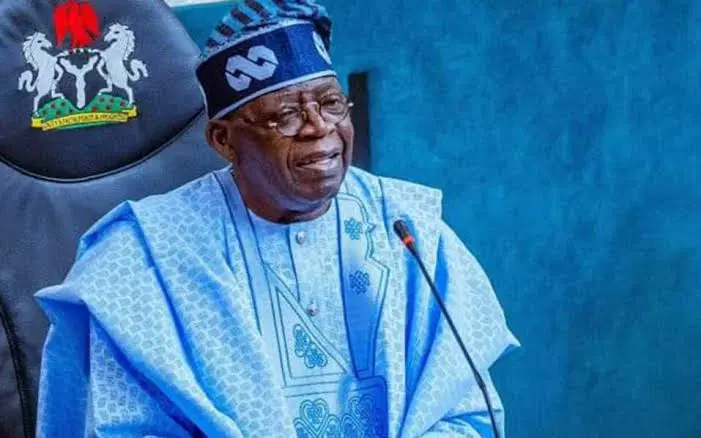The issues raised in this piece highlight deep concerns regarding ethnic representation and governance in Nigeria under President Bola Tinubu’s administration. Here’s a summarized overview of the key points:
The text emphasizes that key positions within Nigeria’s security and justice systems are predominantly held by members of the Yoruba ethnic group. The implications of this concentration are troubling for national unity and trust in governmental institutions. The author points out that the Yoruba have secured not only leadership in law enforcement and judiciary roles but also in significant economic positions, which some perceive as ethnic domination.
Historically, the Afenifere was viewed as the conscience of the Yoruba nation, fighting against oppression and for social justice. However, the current political climate, led by Tinubu, is criticized for leaning towards ethnic hegemony, undermining the inclusive ideals that once defined the group.
Critics argue that Tinubu’s appointments appear to reflect an intent to settle personal or ethnic scores rather than promoting meritocracy and inclusivity. The extensive Yoruba representation in critical roles raises suspicions about the commitment to national unity and equitable governance, especially in a country grappling with severe ethnic divisions.
The author argues that the country cannot afford the distractions of perceived ethnic domination, especially when dealing with issues like crime, corruption, and ineffective governance. There is a call for Tinubu to prioritize national unity over tribal loyalty, suggesting that a truly inclusive approach would foster a stronger, more cohesive Nigeria.
The text also reflects on the lessons that Tinubu should have learned from past administrations, particularly regarding the dangers of ethnocentrism. The author posits that Tinubu’s current approach is not only disappointing but also detrimental to the fabric of Nigerian society, which is characterized by its ethnic diversity.
In conclusion, the concerns raised about Tinubu’s ethnic favoritism underscore a critical moment in Nigeria’s political landscape. The need for balanced representation in governance is vital for healing divisions and fostering a sense of belonging among all ethnic groups. There is an urgent call for leaders to transcend tribal affiliations to ensure a fair and just society that can thrive amidst its diversity.

